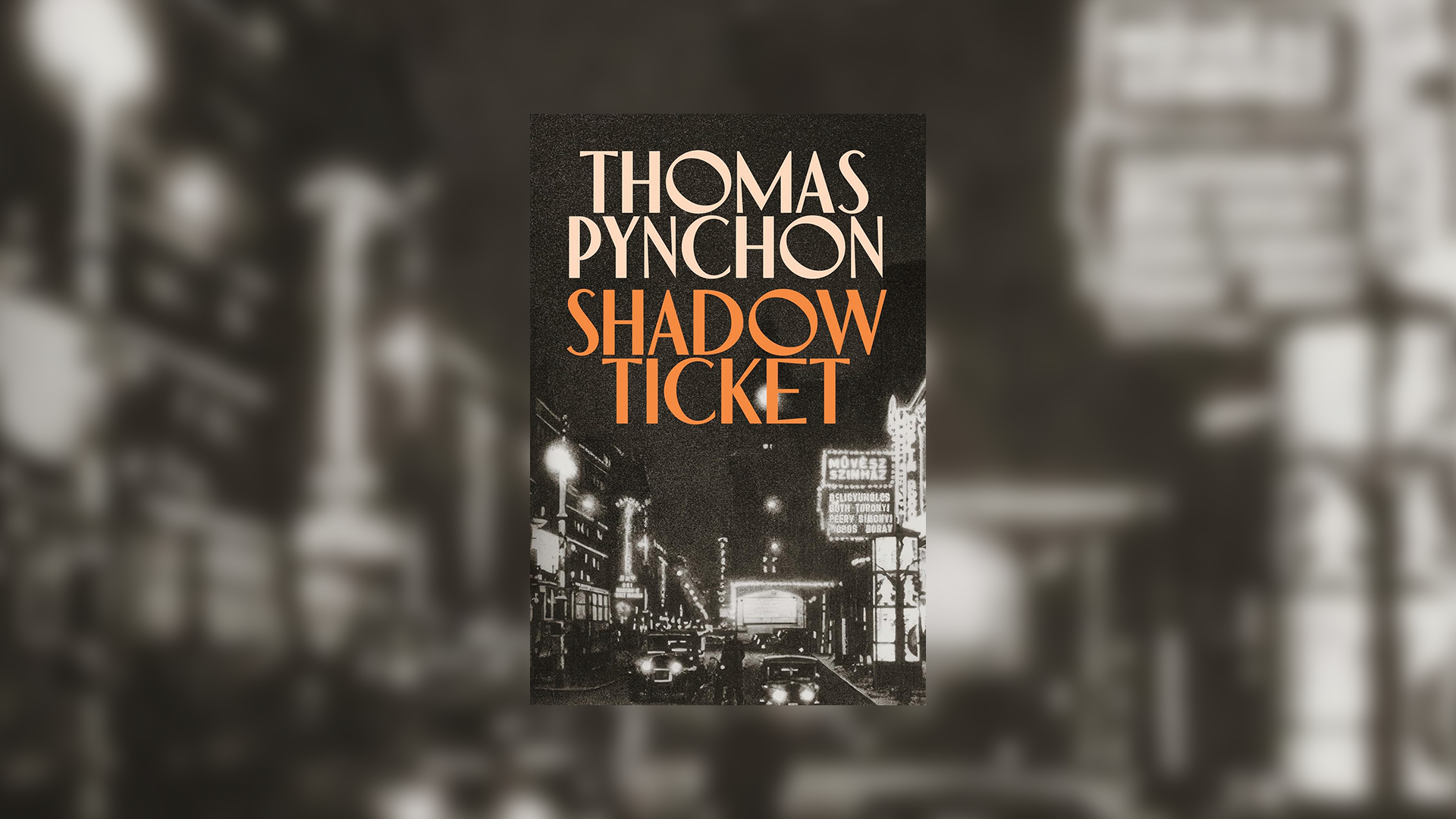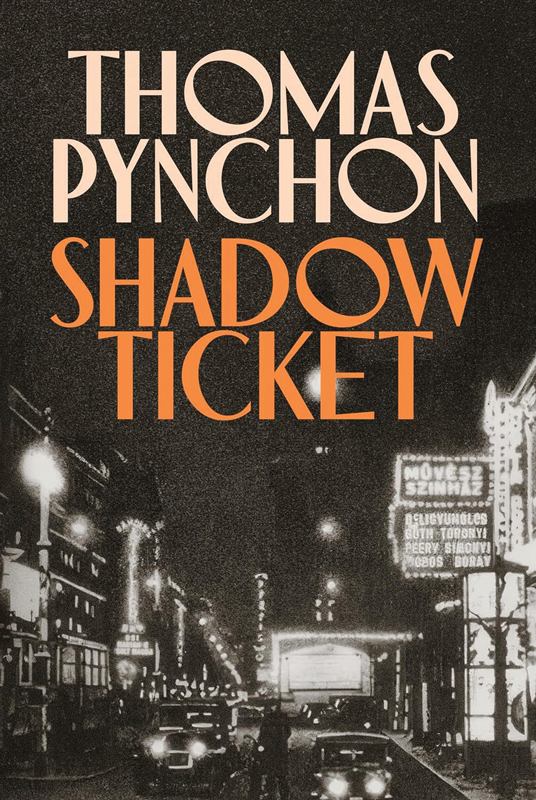If Thomas Pynchon, the reclusive, revered American novelist, were to have a moment, this, as he nudges 90, could be it. Paul Thomas Anderson’s One Battle After Another, an adaptation of Pynchon’s novel Vineland, is already a hot Oscar favourite. (Anderson has been down the Pynchon road before with his earlier take on Inherent Vice.) And now out of the blue, as Pynchon’s novels often are, comes this hilarious and intelligent book, his first in 12 years.
Shadow Ticket is also a frustrating piece of fiction: just as the author gives us accurate glimmers of recognisable characters, cliches and comedy, so he takes them away. But you just have to buy into the unhinged and vaudevillian world Pynchon is conjuring up for you.
Our main character is the private detective Hicks McTaggart. He lives in Milwaukee, and the year is 1932. America is in the depths of the Depression, and big business leaders are scared stiff at the prospect of Franklin Roosevelt betraying his class and unleashing socialism on the country. Hicks is usually stuck on cases of little interest and even less money.
He begins to be enveloped, however, by the world of Bruno Airmont, known as the ‘Al Capone of Cheese’. Airmont’s daughter Daphne has gone missing, and Hicks is hired to get her back.
Despite this formulaic apparatus, Pynchon’s novel gets ever more difficult to pin down. It might seem that we’re in a world of Bugsy Malone written by the New York intellectuals: there’s a character called Knuckles, ludicrous millionaires, Prohibition-era humour and “lunch dramas passing like storm fronts, slowly losing their a.m. allure”.
But Pynchon dives deeper. It’s as though Hicks and his associates are aware of the literary cliches and 21st-century back-projections which we have imposed on Depression-era America. This makes for wonderfully allegorical and invigorating reading. Pynchon has no time for the mawkish platitudes that could easily seep into a novel on the dark themes he tackles: fascism, big business in the Depression, international commercial rackets.










